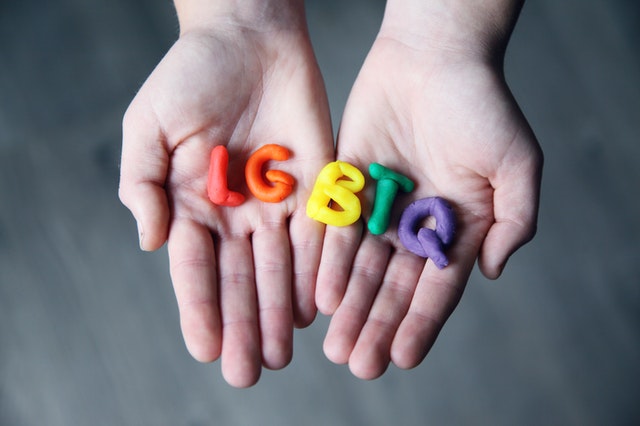Santiago – Shane Cienfuegos, the first non-binary person to receive a gender-neutral identity document in Chile, says they feel a “great weight” of responsibility despite their victory over centuries of discrimination.
“It is difficult to be the first,” the 29-year-old told AFP 10 days after receiving their new ID from a civil registry in Santiago.
In the section to indicate gender, the card is marked with an X instead of an “F” for female or an “M” for male.
With long, flowing dark hair, a neatly-trimmed beard, lipstick, a flowery dress and platform heels, Cienfuegos chooses the gender-neutral Spanish-language pronoun “elle” (they) and describes themselves as transgender and non-binary.
Cienfuegos fought a nine-year legal battle to finally receive, on October 14, an identity document that reflects how they see themselves.
It was the first ID card to be issued in Chile to identify its holder as neither “male” nor “female.”
“This is not Shane’s victory, it is a collective victory,” said Cienfuegos about non-binary and transgender people in a conservative, Catholic-majority country where they are still the target of discrimination and violence.
‘We don’t die of diabetes’
Cienfuegos said they were bullied from a very young age, and suffered several violent attacks over the years.
“I’ve had to fight for my life on the street I don’t know how many times,” they recounted at the Cultural Center in Las Condes, Santiago, at the launch of a book they had authored about an eventful life.
“I have survived. I have made myself tough to survive a cruel, dehumanizing system,” they said between signing books.
“The main cause of trans deaths is murder; we don’t die of diabetes or heart attacks, we die because we are killed, because we commit suicide because of that violence,” Cienfuegos said.
They have been an advocate for the rights of non-binary people since high school, and paid for a qualification in social work by selling sex.
Today, Cienfuegos is a senior figure at the Organizando Trans Diversidades (Organizing Trans Diversities) advocacy group.
Over the past decade, Chile has been moving away from the conservatism inherited from the dictatorship of Augusto Pinochet (1973-1990) and the influence of the Catholic Church.
ALSO READ | Fresh protests to mark anniversary of Chile revolt
Still, last year, 1 114 complaints of discrimination against LGBTQ+ persons were registered in Chile – 127 from transgender people – according to the Movilh gender activist group.
In 2012, Congress passed the Anti-Discrimination Act, and three years later legalized same-sex civil unions.
In 2018, a law was passed that allows for a sex change from the age of 14, and last year, Chile approved gay marriage and adoption.
In July, an appeals court in Santiago finally recognized Cienfuegos’ non-binary gender.
But the fight is not over.
Chile still does not legally recognize genders other than male or female and anyone else who would want an “X” on their ID will likely face a legal battle similar to Cienfuegos’.
“The non-binary identity card is a milestone among a range of milestones for the advancement of fundamental rights,” Cienfuegos said.
“But conservatism is about enduring daily discrimination against… sexual diversity,” they added.
In July last year, Chile’s neighbor Argentina became the first country in Latin America to allow a gender other than male or female to be listed on a person’s identity document, following in the footsteps of Australia, Canada, New Zealand and the United States among other countries.
Follow African Insider on Facebook, Twitter and Instagram
Source: AFP
Picture: Pexels
For more African news, visit Africaninsider.com


